SINGERS are SEEKER SCIENTISTS.
seek·er
/ˈsēkər/
a person who is attempting to find or obtain something.
sci·en·tist
/ˈsīəntəst/
a person who is studying or has expert knowledge of one or more of the natural or physical sciences.
RECENT SEEKER BLOGS
“The “seeking potential” is built into the brain, but each animal must learn to direct its behaviors toward the opportunities that are available in the environment.”
Why be a ‘seeker’ scientist?
Singing is a wondrously complex human activity incorporating elements of evolution, anthropology, anatomy, physiology, cognitive science, neuroscience, psychology, linguistics, creativity, musicality, acoustics, and physics. It cannot exist solely in the realm of one field over another: it is through the integration of the whole which gives us our unique ability and glorious art.
How do we unite these disparate parts? How can we maximize efficiency in our teaching and practice?
My goal is twofold:
to find a simple, efficient system rooted in how the brain executes sensorimotor activities and integrates parts of the whole.
to make the process of singing fun at all stages and levels.
Interestingly, there is also a place where those two ideas actually become one...
Jaak Panskepp was a pioneer in affective neuroscience and he discovered some fundamental circuitry common among many animals, including humans. Although the concept of emotion is ever-changing in the field, Panskepp’s ideas still hold true on some foundational levels. Whilst reading his work, two pathways intrigued me: seeking and play ( I am not big on fear and rage, lol). I was overwhelmed by the data from non-human animals, and moved by the biological imperative to seek and play (this includes the freedom to make mistakes, which is a key component to learning). I believed our world has been lacking on that front, and the singing universe was no different. On the personal side, I knew my own happiness was strongly dependent on my seeker state, and I could correlate my mood, productivity, peace, and many other elements of well-being based on a quantitative and qualitative assessment of the two.
I also noticed through my own teaching that…
…a student’s curiosity, freedom to play without judgement, and uninhibited exploration were the keys to both their progress and happiness about their instrument.
The art actually became easier the more they engaged their inner seeker and play animal. Anxieties disappeared. Confidence grew. These singers also had all of the classic resources available to them: i.e. the latest in acoustics, diction, exercises (for any genre!), evidence-based vocal pedagogy, and my own approaches from my research into the neuroscience of vocalization. But we could customize what interested them, what they needed, and what helped them the most. They had agency in the studio, but they were also empowered to seek beyond: whether it be attending a workshop, reading a paper, or consulting with an expert on a particular style. But the common thread no matter what the approach, was the activation of their inner seeker.
This is not a method.
There aren’t a set of protocols, exercises to follow, nor gurus for wisdom. Instead, thoughts and research presented in this space are meant to stimulate each person’s own inner seeker: to engage the brain and experiment with ideas to create the best path forward for themselves, regardless of level or genre. Agency is an extremely important component. There is modularity and flexibility: to choose a topic or an idea in any order and explore. Being a seeker IS a science in the sense there are pathways and processes we can understand in a scientific way. But the broader purpose engages the whole in addition to the parts, and can involve things imagery, play, imagination, improvisation, (and not necessarily everything that seems scientific (:).
The premise is we ARE ALL, in fact, scientists in the human experience.
Like the baby in the crib, we can explore our external world and create our own inner constructs to make sense of what is happening around us and inside of us as humans and singers.
When Panskepp was struggling to coin a term for this circuit, he experimented with several: curiosity, interest, foraging, anticipation, craving, expectancy. But he finally settled on seeking. I like to hear those other options inside my head when I say the word ‘seeker’: it helps me embrace this wonderful journey we all endeavor: to make singers better faster. With joy.
—————————
(and here is a sample of some…
…Seeker Doodles!
Scribbling is a way to let your inner-seeker run free…)



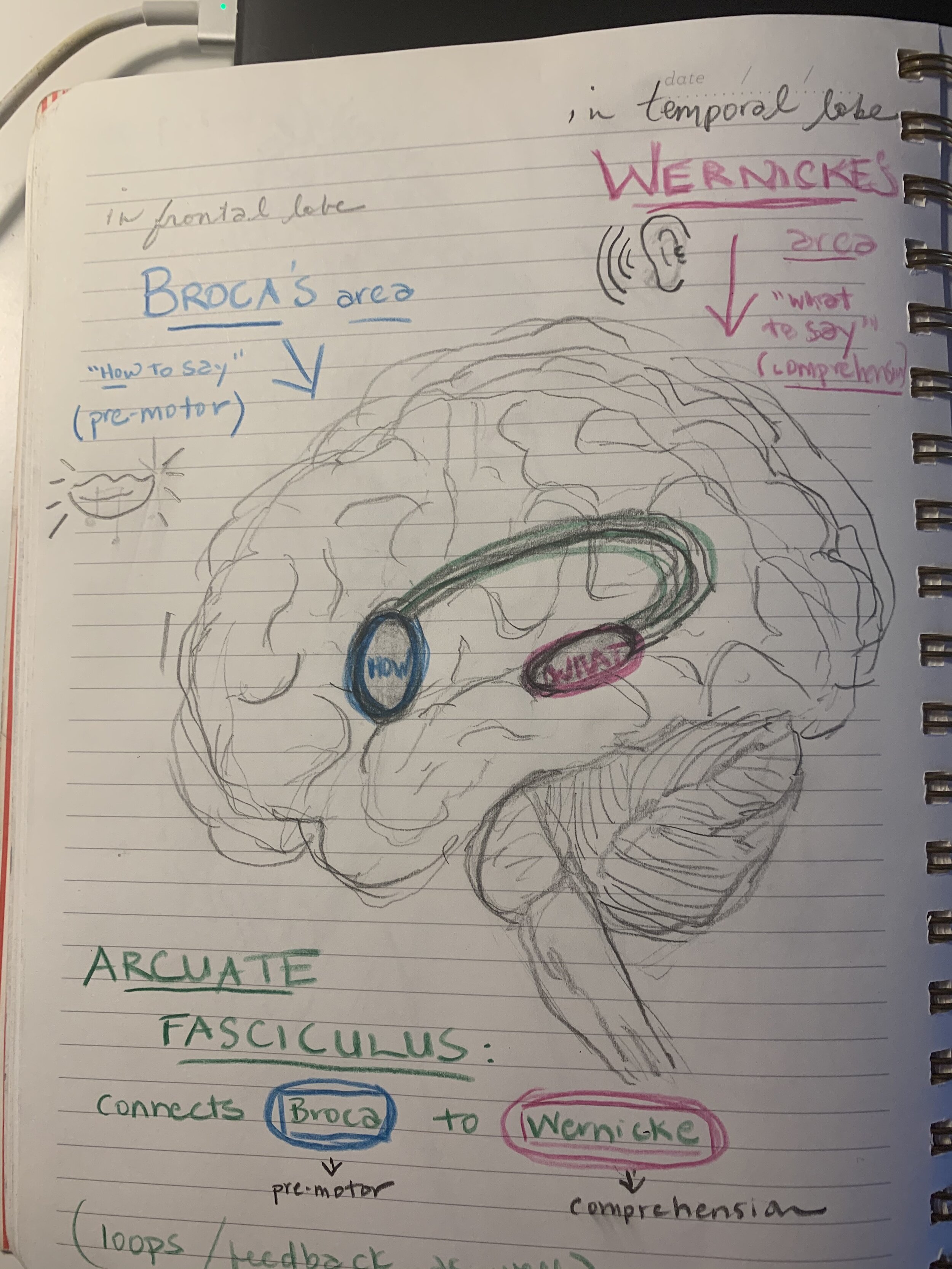
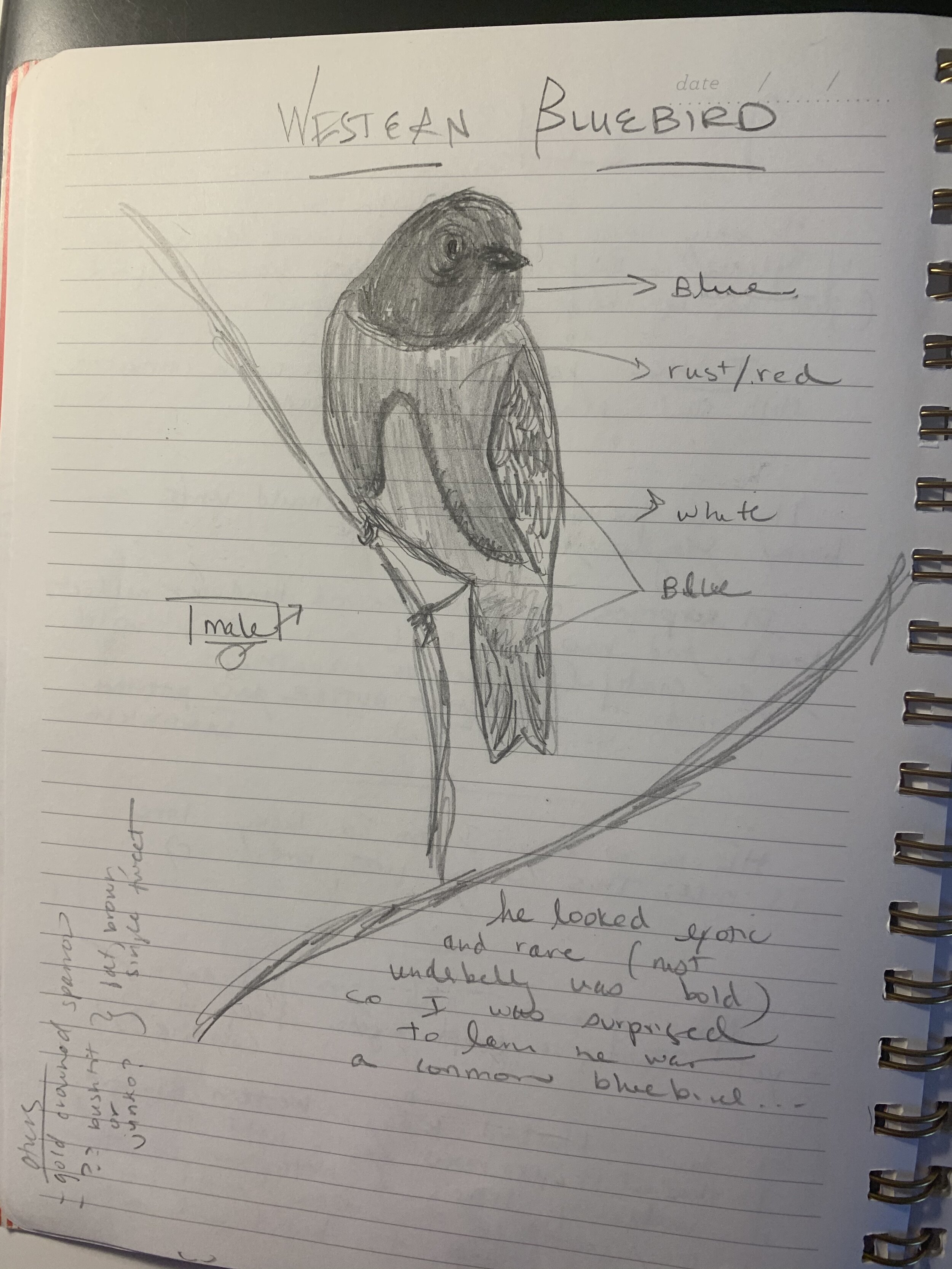
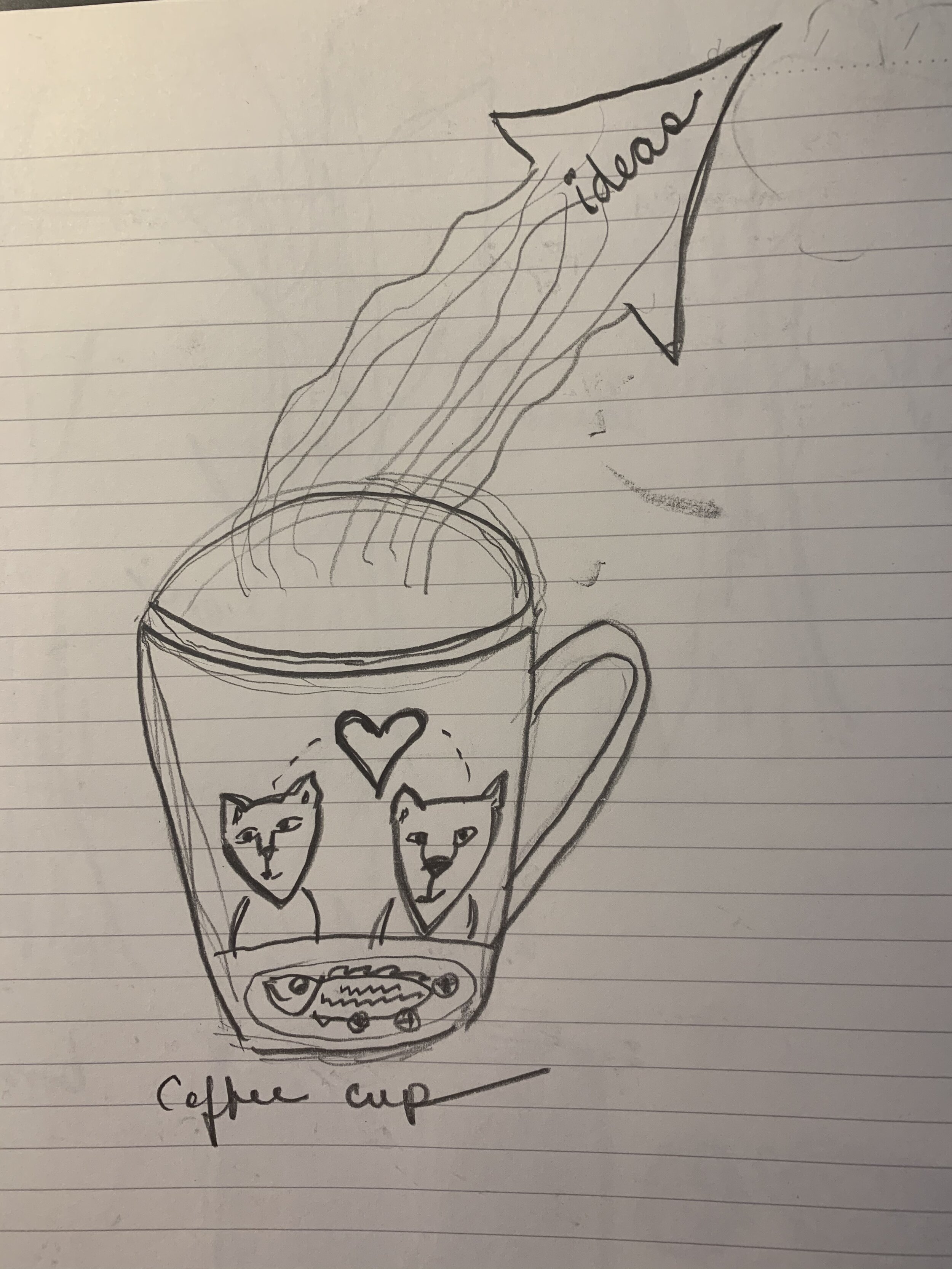
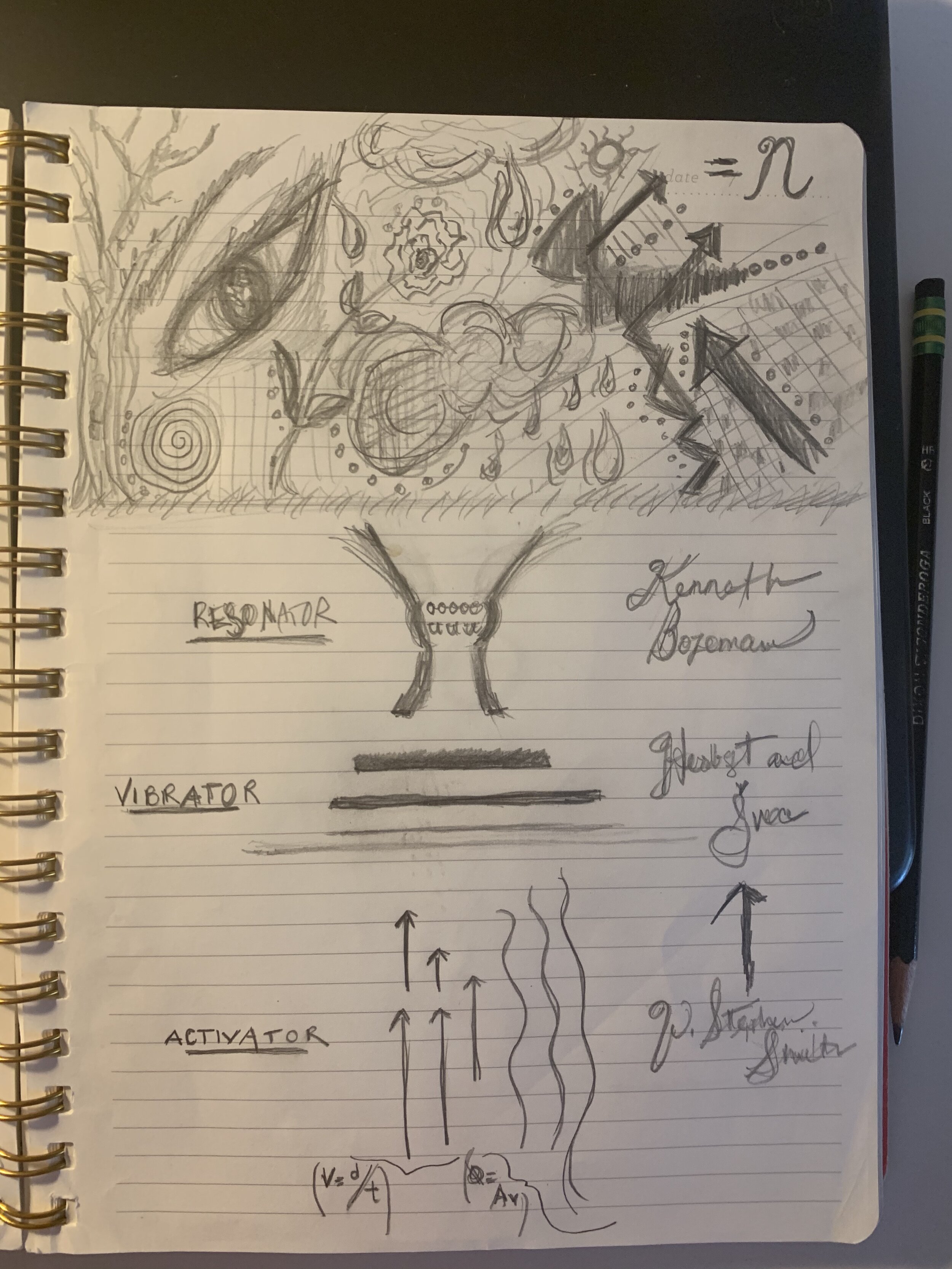
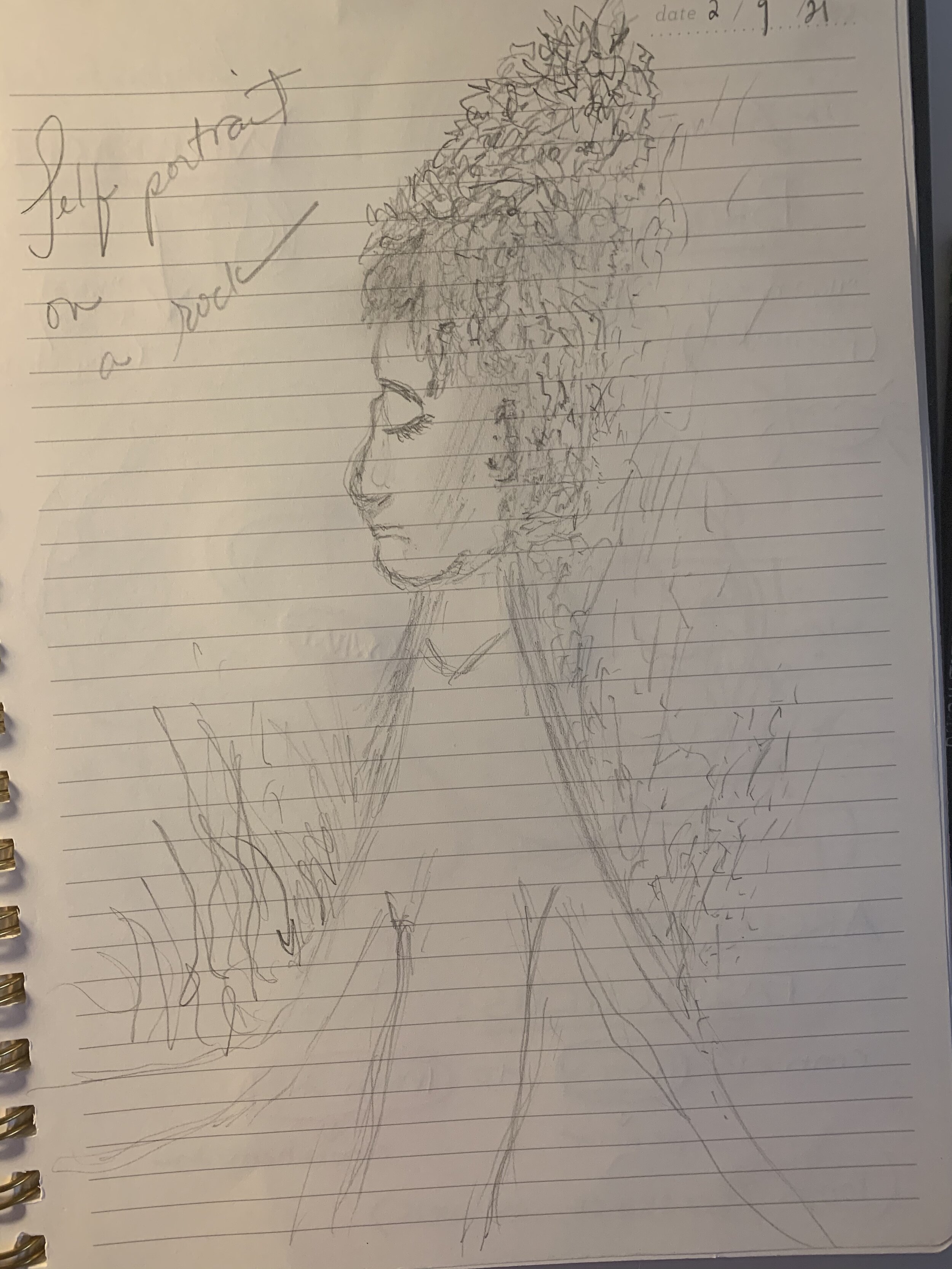
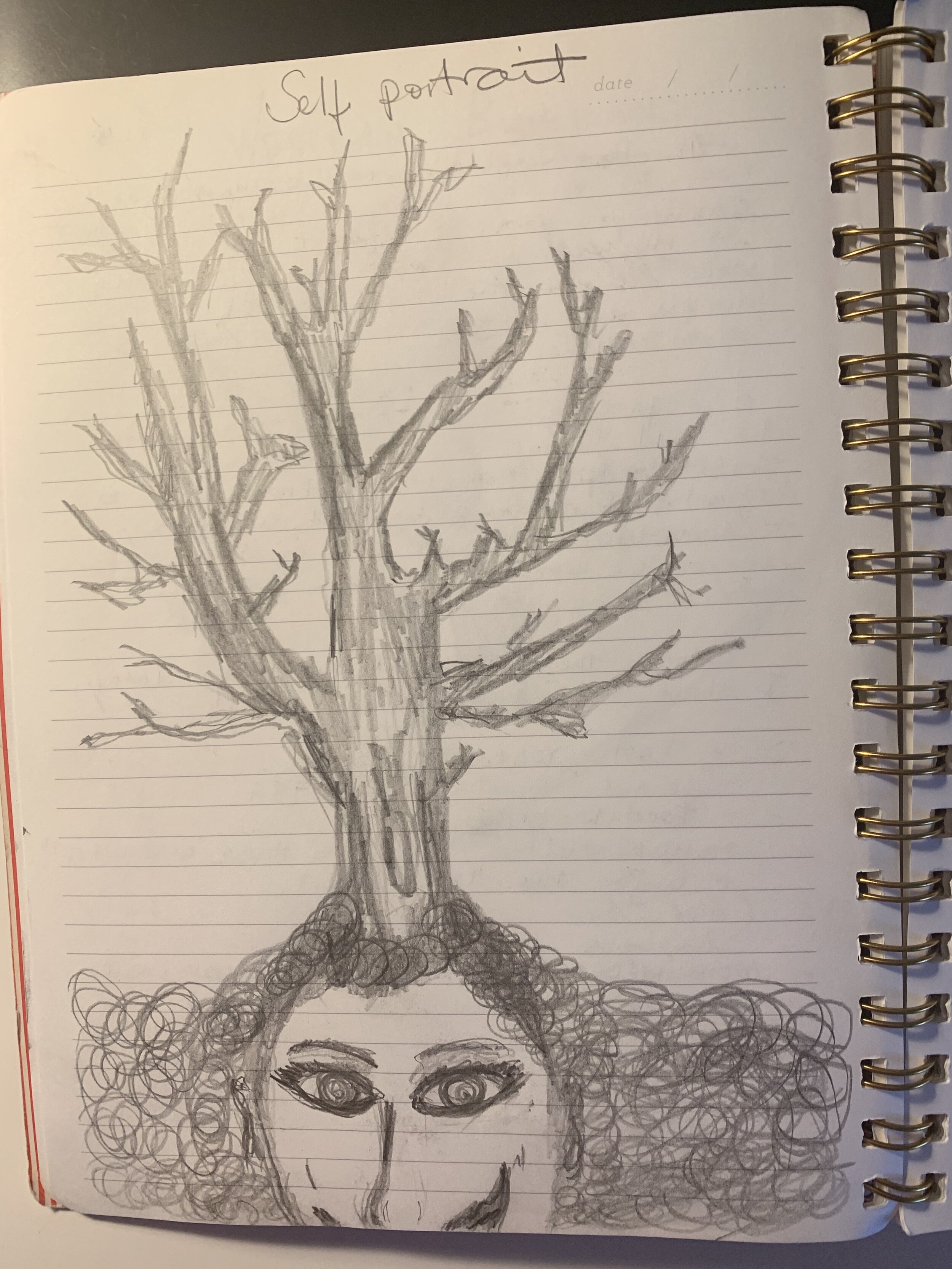
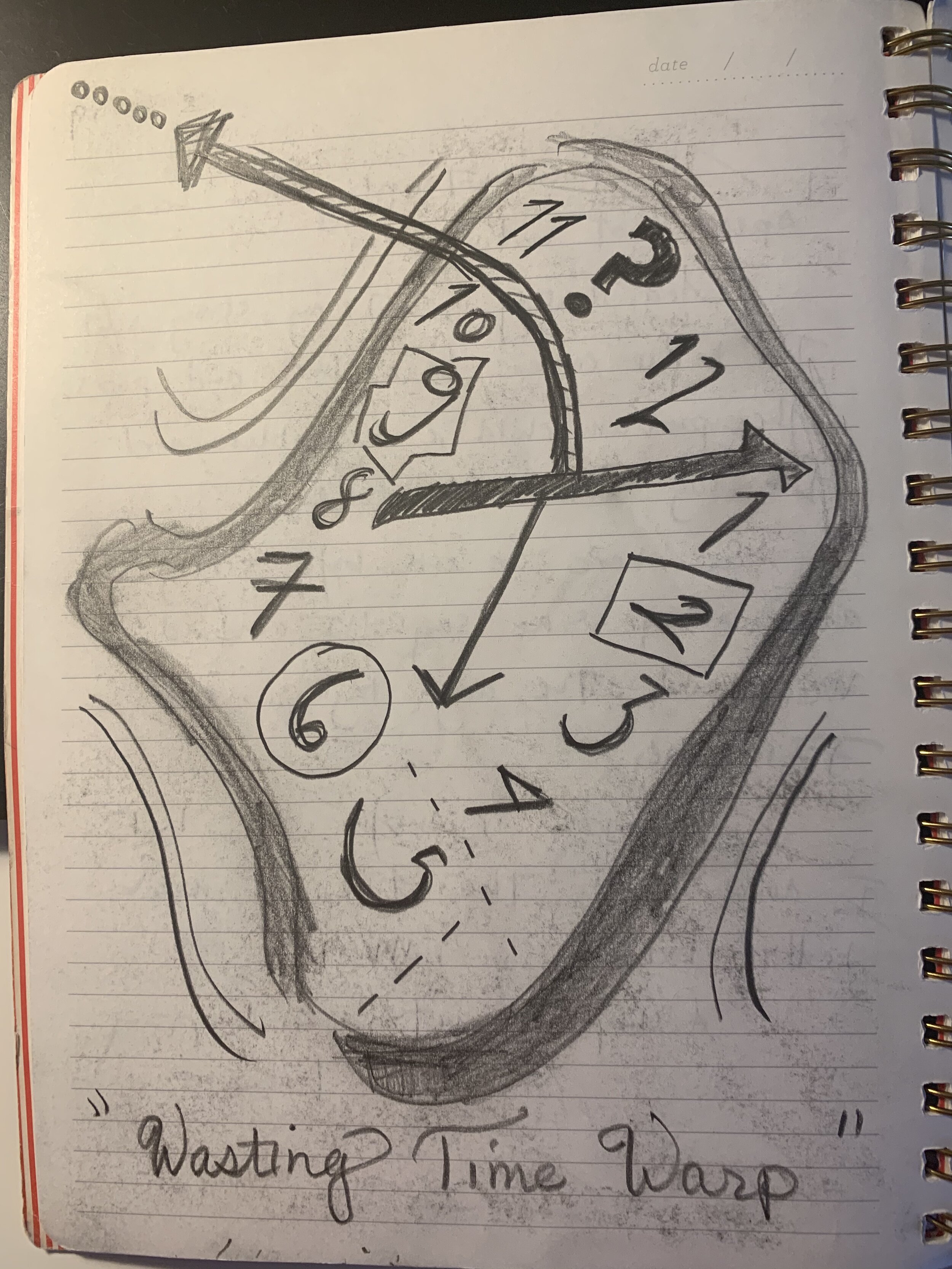
I remember learning about blood-letting in my college microbiology class…